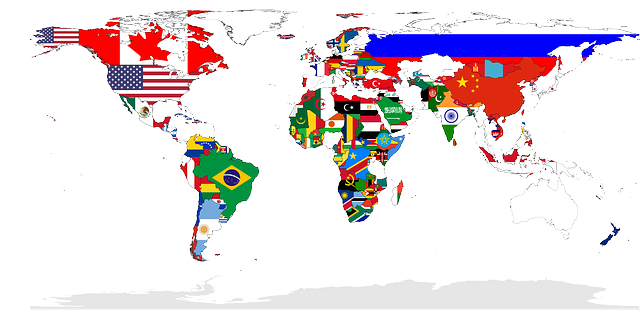
Remote work has evolved from a temporary solution during the pandemic to a permanent fixture of the global economy. In 2025, certain countries are experiencing a surge in remote job opportunities, fueled by better digital infrastructure, supportive government policies, and the global shift toward flexible work. Below, we highlight the nations where the work-from-home (WFH) market is expanding the fastest — and why.
1. India
India’s remote work market is booming, thanks to its large tech-savvy workforce and the rise of hybrid global teams. According to a 2024 report by NASSCOM, remote job postings grew by 23% year-over-year, with IT, customer support, and digital marketing leading the way. Initiatives like “Digital India” continue to enhance internet accessibility across rural and urban areas, fueling even broader participation.
2. Philippines
Known for its strong outsourcing sector, the Philippines is witnessing rapid growth in remote freelance jobs and permanent remote positions. A 2025 survey by Upwork revealed that the Philippines is now one of the top 5 countries for remote freelancers. The country’s high English proficiency and cultural compatibility with Western clients make it a favorite destination for remote work hiring.
3. Brazil
Latin America is seeing a remote work renaissance, and Brazil is leading the charge. As per LinkedIn’s 2025 remote work trends report, remote job opportunities in Brazil grew by 30% from 2023 to 2025. Improved internet penetration and government incentives for digital nomads are helping local and international companies tap into Brazil’s talent pool.
4. Poland
Poland is becoming a remote work hotspot within Europe. Strong technical education, multilingual professionals, and affordable living costs have made cities like Kraków and Warsaw popular among remote-first startups. The Eurostat ICT Usage Report (2024).
5. Nigeria
Sub-Saharan Africa’s largest economy is making major strides in the WFH sector. Nigeria’s remote workforce is being powered by younger, tech-literate populations and the rise of coworking hubs in cities like Lagos and Abuja. A report from Quartz Africa indicates that remote job listings targeting Nigerian talent rose by 42% between 2022 and 2025, especially in tech, writing, and design fields.
🌍 Highlight: Many global companies are expanding their remote hiring to emerging markets to tap into new, highly skilled talent pools and to create more resilient, distributed teams.
6. Canada
Canada continues to embrace remote work in 2025, with its government supporting hybrid models and digital transformation initiatives. According to Statistics Canada, more than 27% of employed Canadians work primarily from home. Favorable immigration policies are also allowing companies to hire skilled remote workers more easily.
7. Portugal
Portugal has become synonymous with remote-friendly policies, affordable living, and thriving digital nomad communities, especially in Lisbon and Madeira. The Remote Work Visa program launched in 2024 has made it easier for foreign remote workers to live and work legally, further boosting local job market dynamics.
No User ID metadata found.
